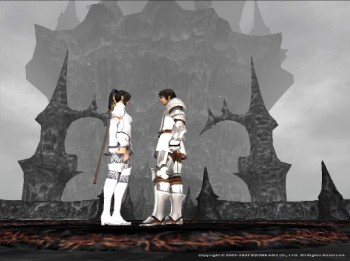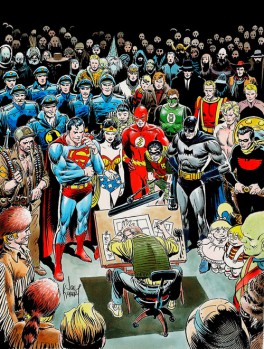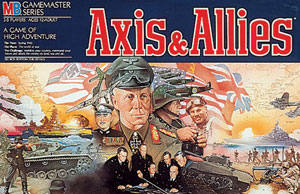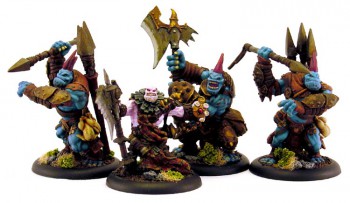Art of the Genre: Should You Sell Sex?

Sex… yeah, I said it. Is anyone listening? Probably, because like rubber-necking a car accident, when someone says the word, we all have to take notice, especially here in the U.S. Face it, at our roots, the base Caucasian population is of a repressed Puritanical or Fundamentalist mind, the South, fire and brimstone Baptist, and the fastest growing minority, Latino, inquisition-descended Catholic.
Still, we are Human, and as such, if sex isn’t on our minds, then there is a natural selection breakdown in the root of our Darwin-based evolution.
This creates a hard edge of self-loathing, Hail Marys, and scarlet letters that is terribly hard to overcome, especially for those in the art community. Not that the art community doesn’t produce sexual products, but that doesn’t mean they are accepted without judgment outside that community for it.
I had this problem in 2012, but before I get to that, I’ve got to take the way-back machine to my formative years.
I was raised by a single mother who decided that when my father cheated on her when I was less than a year old, she would dedicate her life to her son, and no other man. So, in that sense, I was raised in a completely sex-free environment. It wasn’t spoken of or seen, and I was educated as a Methodist until my late teens, seeing the church as a counter to the budding feeling of puberty.
However, like my favorite line by Dr. Ian Malcolm from Jurassic Park, ‘Nature finds a way’ and my sexual rebellion was profound, even if I journeyed into that particular bliss blindly. In my home, there was never ‘the talk,’ so when my twelve-year old friends and I entered an abandoned house on the far side of a community woods and found a collection of Penthouse magazines, to say my world was shaken to its foundation is a massive understatement.
At fifteen, I rebelled against the establishment, went to K-Mart and purchased a poster of The Fall Guy’s Heather Thomas, which I pinned to the wall at the foot of my bed and waited. Silence… It was the only reprimand that came from my action, the same stoic suffering that my entire family has practiced since it came to Indiana through the Cumberland Gap in 1840.
Visually, buying into the selling of sex was forefront in my mind, and I got to see first-hand the balance trying to be struck in my new gaming passion, Dungeons & Dragons, concerning the female form in fantasy. In the late 70s, selling sex was something that TSR was willing to take a shot at in black and white illustrations by Jeff Dee, Erol Otus, or Bill Willingham, but then the Bible belt constricted a notch in the 80s and they pulled back from this ideal. Still, beautiful women in questionable clothing crept into the covers of Elmore, Easley, Parkinson, and of course the ‘thigh-master’ himself Clyde Caldwell.








